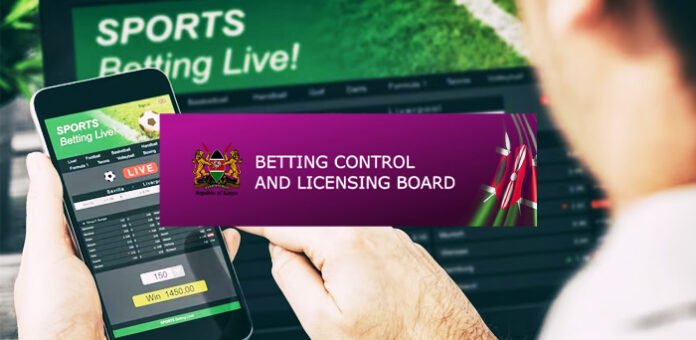In response to a case filed by the Consumers Federation of Kenya (COFEK), the Betting and Control Licensing Board (BCLB) has decided to halt the use of the ‘Speed Dial’ feature across various internet browsers to promote betting, lottery, and gaming activities in the country.
COFEK raised concerns that betting firms were leveraging the ‘Speed Dial’ feature to specifically target Kenyan internet users.
The consumer advocacy group argued that the lack of regulation in advertising by the gaming board and other involved parties posed risks to consumers, particularly children and youth.
“…that failure has led to the introduction, engagement, and gaming of children and youths which has caused addiction and other negative effects,” – COFEK stated in their papers.
 COFEK emphasized that the use of the ‘Speed Dial’ feature exposed children to serious and irreversible harm, contradicting the government’s campaign for the protection of minors online. With a single click, this feature directs consumers to a betting company’s website.
COFEK emphasized that the use of the ‘Speed Dial’ feature exposed children to serious and irreversible harm, contradicting the government’s campaign for the protection of minors online. With a single click, this feature directs consumers to a betting company’s website.
A browser speed dial visually compiles entries from a user’s most frequently visited pages, presented as thumbnails for easy access.
COFEK noted that browsers like Opera Mini had introduced a customized ‘Speed Dial’ feature for Kenya, providing shortcuts leading to prominent betting firms.
In a recent development, BCLB and other parties have reached a mutual agreement, registered in court, to immediately cease the use of the ‘Speed Dial’ feature.
“The Betting Control and Licensing Board is directed that all gaming operators cease the use of the speed dial feature forthwith,” – reads the consent.
This agreement, adopted by Justice Lawrence Mugambi, addresses one of the contentious issues raised in COFEK’s petition filed last year.
A court hearing for the remaining issues is scheduled for May this year, with the judge declaring that the consent shall serve as a court order.

































Excellent website, loaded with helpful information; I’m forwarding it to a few acquaintances and also sharing it on Delicious. Clearly, your efforts are rewarded.